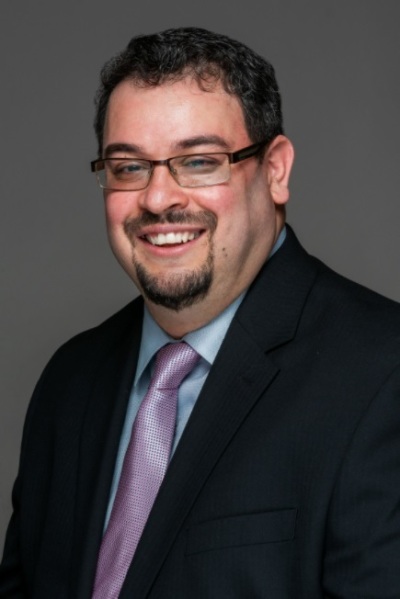United Methodist Church leadership elects first Latino to head a denominationwide agency

The United Methodist Church has elected its first Latino head of a denominationwide agency, specifically to oversee the implementation of anti-racism work at a national and global level.
The UMC General Commission on Religion and Race announced earlier this month that the Rev. Giovanni Arroyo, an ordained elder of the Baltimore-Washington Annual Conference, who was born in Puerto Rico and raised in New York City, will become their new general secretary effective Aug. 31.
In an interview with The Christian Post on Wednesday, Arroyo said he gave “thanks to God for the opportunity to live out my call in the Church’s life and in this capacity.”
“Secondly, I will say I am humbled, honored and excited by what it means to open the door for the Latinx community to have a leader sitting around the tables of decision and bringing a new perspective to the church in working on racial justice,” he continued.
“Being the head of this denominationwide agency is a testament of the Latinx leaders before me that had raised their voices, committed their lives for a racially equitable church, and who started to break down the barriers of the church that had not allowed a Latino leader to be considered to this role in the denomination.”
The selection process was a combined effort by GCORR and the UMC General Commission on Finance and Administration, the latter serving as an outside agency to help the process.
Arroyo applied for the position earlier this year, having to undergo multiple interviews virtually and in-person in front of the GCORR Board of Directors before a vote was taken.
As for his goals for GCORR upon becoming general secretary, Arroyo told CP that they fell under the concept of “IDEAR,” or “Inclusion, Diversity, Equity, Anti-Racism.”
“We will influence the Church with a theology of anti-racism,” said Arroyo. “How to understand that discipleship can only be lived out when we are anti-racist disciples.”
Arroyo referenced GCORR’s “Facing the Future” Conference, which has been held a few times over the past 10 years. He plans to hold a new conference next year.
“It is my hope that in 2022, we’ll be able to launch Facing the Future Conference for leaders who are serving cross-racial, cross-cultural, and multicultural settings,” Arroyo added.
“My goal is that this conference expands beyond our denomination and includes our ecumenical family to be part of the spirit-filled ministry development.”
Arroyo also noted the importance of reaching out to UMC communities in Africa, Europe and the Philippines, telling CP that “we are called to serve the worldwide church.”
“I want to walk alongside our leaders in the Philippines, Africa, Europe because they know how to address the isms that they continue to experience as a community,” he said.
Regarding the overall status of racial justice in the UMC, Arroyo told CP that while he commended his denomination for taking official stances against racism, he felt that “turning this discipline into action is slow and it has been received with some resistance in some places.”
“I think the Church needs to live out its commitment in concrete ways that decentralizes white normative and provides black, indigenous, people of color to be key leaders of the Church as it continues to move into the next generation of this ministry,” Arroyo added.





























